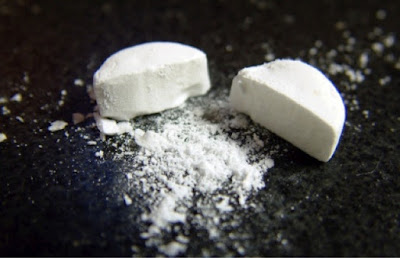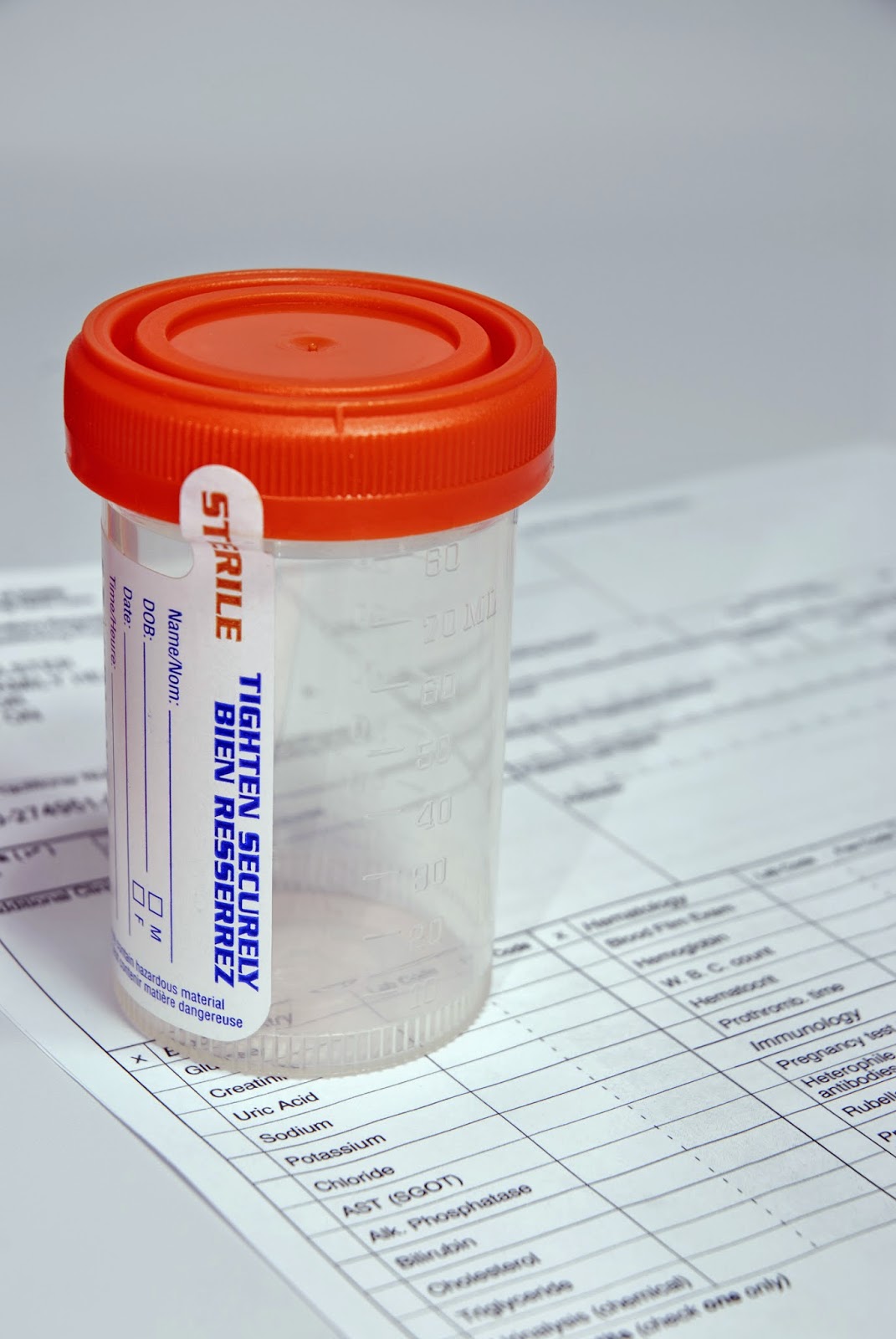Pill testing isn't a silver bullet to prevent drug deaths, but it could be part of the solution
 Over the past fortnight we have seen two deaths at dance festivals, apparently both due to ecstasy. Both of these are tragic wastes of young lives and, not surprisingly, the public wants answers as to what happened. It is important, however, that we wait for toxicology and the coroner's report before we jump to conclusions. But as always, the media approaches the usual suspects to make comment and, although we really have little or no information, wild statements are made about possible 'bad batches' or that aggressive policing contributed to the death. Let's be honest here, over the years I've been guilty of finding myself doing a media interview and being pushed into a corner and making a comment that in retrospect was not appropriate. I can also tell you that the last question you are usually asked is "What would you say to anyone who is considering taking ecstasy?" Trying to give a balanced response to that question in the context of of a young person recently dying is not easy - even the most experienced commentator is not going to get it right everytime!
Over the past fortnight we have seen two deaths at dance festivals, apparently both due to ecstasy. Both of these are tragic wastes of young lives and, not surprisingly, the public wants answers as to what happened. It is important, however, that we wait for toxicology and the coroner's report before we jump to conclusions. But as always, the media approaches the usual suspects to make comment and, although we really have little or no information, wild statements are made about possible 'bad batches' or that aggressive policing contributed to the death. Let's be honest here, over the years I've been guilty of finding myself doing a media interview and being pushed into a corner and making a comment that in retrospect was not appropriate. I can also tell you that the last question you are usually asked is "What would you say to anyone who is considering taking ecstasy?" Trying to give a balanced response to that question in the context of of a young person recently dying is not easy - even the most experienced commentator is not going to get it right everytime!For that reason I have avoided doing any media interviews around the two deaths. Put simply, at this stage we don't know what caused their death. We do know, according to their friends, that they both took ecstasy (and possibly other drugs) and that they subsequently died, so it is fair to refer to them as ecstasy-related deaths but that is about it. We don't know what substance they actually took (ecstasy could contain anything), we don't know how much of that drug was in their system and we don't know how they died (i.e., overheating, heart failure, etc) so it is difficult for anyone to really make comment on either case. When you say that you don't want to make a comment on the actual deaths, journalists move to questions about how to prevent this from happening in the future. I've avoided the media in this area as well but when I was asked to write an Opinion Piece for the Sydney Morning Herald on possible solutions I grabbed the opportunity to highlight a concern I have about the debate that occurs after almost every ecstasy-related death ...
Here is a slightly edited version of the piece (the words in bold are an extremely important addition to the piece and I thank Dr David Caldicott for alerting me to the issue - I hope it clarifies my views. It was never my intention to imply that people who conduct pill testing would ever suggest that if you know what you're taking, it is safe. That is certainly not the case - I was referring to users believing this to be true) ...
Two apparent ecstasy-related deaths in as many weeks is unprecedented as far as I am aware. Ecstasy deaths are rare, but when they do occur they receive a great deal of media attention. They are usually linked to nightclubs, dance events and festivals, a part of youth culture that many older Australians do not understand well, and involve drugs that weren't necessarily around when they were younger and as a result, they can cause great community concern.
Two 'camps' quickly emerge in the days following a death – the prohibition lobby who demand that governments and police get tougher and those who hold more of a 'harm reduction' view who usually suggest that 'pill testing' is the way forward. The two sides bang heads for a couple of days, maybe a week, and then we just keep on as before until the next tragic death. That is until last year …
When a 19-year-old young woman died at a Sydney dance festival from an apparent drug overdose the call to get tougher was louder than ever. Since that time we have seen a greater police presence at dance festivals than ever before, particularly in NSW. The number of people charged with possession of illicit substances at these events has never been as high and yet, here we are, only a couple of month into the dance festival season and we already have two deaths. Yes, we can get tougher but from what we've seen over the past fortnight it doesn't seem to have made any difference as to whether people take illicit substances, or reduce the harm associated with that use.
Two 'camps' quickly emerge in the days following a death – the prohibition lobby who demand that governments and police get tougher and those who hold more of a 'harm reduction' view who usually suggest that 'pill testing' is the way forward. The two sides bang heads for a couple of days, maybe a week, and then we just keep on as before until the next tragic death. That is until last year …
When a 19-year-old young woman died at a Sydney dance festival from an apparent drug overdose the call to get tougher was louder than ever. Since that time we have seen a greater police presence at dance festivals than ever before, particularly in NSW. The number of people charged with possession of illicit substances at these events has never been as high and yet, here we are, only a couple of month into the dance festival season and we already have two deaths. Yes, we can get tougher but from what we've seen over the past fortnight it doesn't seem to have made any difference as to whether people take illicit substances, or reduce the harm associated with that use.
So what about the other side of the argument - would pill testing help? Let me start by saying I am totally supportive of this strategy but am worried that when promoting this potentially useful strategy we're promising something it can't necessarily deliver. Put simply, it's being made out to be some silver bullet to an extremely complex issue.
Pill testing (or 'drug checking' as it is called in some parts of the world) would provide some limited information to users, usually about potentially dangerous adulterants that can be found in pills, tablets and powders. Different parts of the world conduct this strategy in different ways, sometimes a simple reagent test, whereas others offer a much more thorough testing regime. The whole concept is based on one of the key prevention messages we have around ecstasy (and other illicits) – 'you don't know what you’re taking'. Pill testing, therefore, allows the user to have a little more information about what it is that they're planning to use. Unfortunately, as far as many users are concerned, the whole concept is based on the false assumption that if you do know what you're taking, it is safe – something that is absolutely untrue. As far as ecstasy is concerned, the substance users are looking for is MDMA. Test a pill and find out that it contains MDMA and many users believe that this means that the pill is 'safe'. MDMA is not a safe drug and many of the deaths that have occurred across Europe this year have actually been due to MDMA overdose. Pill testing for adulterants would not necessarily have assisted in preventing those deaths.
It was pleasing to see the Federal Government acknowledge that we can’t arrest our way out of the ice problem - the same thing goes for ecstasy and related drug culture. Tougher policing has certainly not resulted in less harm – the last fortnight has made that abundantly clear. Age-appropriate education, based on evidence and not simply scare tactics, a development of an early warning system about particularly dangerous substances disseminated by agencies that users are more likely to believe (police warnings are often ignored) and an agreed 'code of conduct' for party promoters (including appropriate policing) are just some of the areas that could be investigated. The tragedy is that we only talk about this issue when we have a death, when in fact we need to have an ongoing dialogue between all parties (the dance festival and nightclub industry, government, police and clubbers themselves) about how to move forward in a positive way in this area. Hopefully pill testing is a part of that dialogue but let's not kid ourselves that just one strategy is going to mean we won't see these kind of deaths in the future.
I'll say it again, I am totally supportive of pill testing but I am extremely worried that it is being put forward as a simple 'solution' to a very complex problem (not necessarily by the promoters of the initiative who are well aware of its limitations and that for it to be effective it must be a part of a range of strategies, but rather by the media who love 'black and white' solutions, the more controversial the better!). Let's be clear, even in countries where they have pill testing in place, we still see ecstasy-related deaths. As the title of the piece says - pill testing isn't a silver bullet to prevent deaths, but it could be part of the solution.
I'll say it again, I am totally supportive of pill testing but I am extremely worried that it is being put forward as a simple 'solution' to a very complex problem (not necessarily by the promoters of the initiative who are well aware of its limitations and that for it to be effective it must be a part of a range of strategies, but rather by the media who love 'black and white' solutions, the more controversial the better!). Let's be clear, even in countries where they have pill testing in place, we still see ecstasy-related deaths. As the title of the piece says - pill testing isn't a silver bullet to prevent deaths, but it could be part of the solution.
This is an updated version of an Opinion Piece written for the Sydney Morning Herald published on December 7, 2016. The original online version is also available.



Comments
Post a Comment